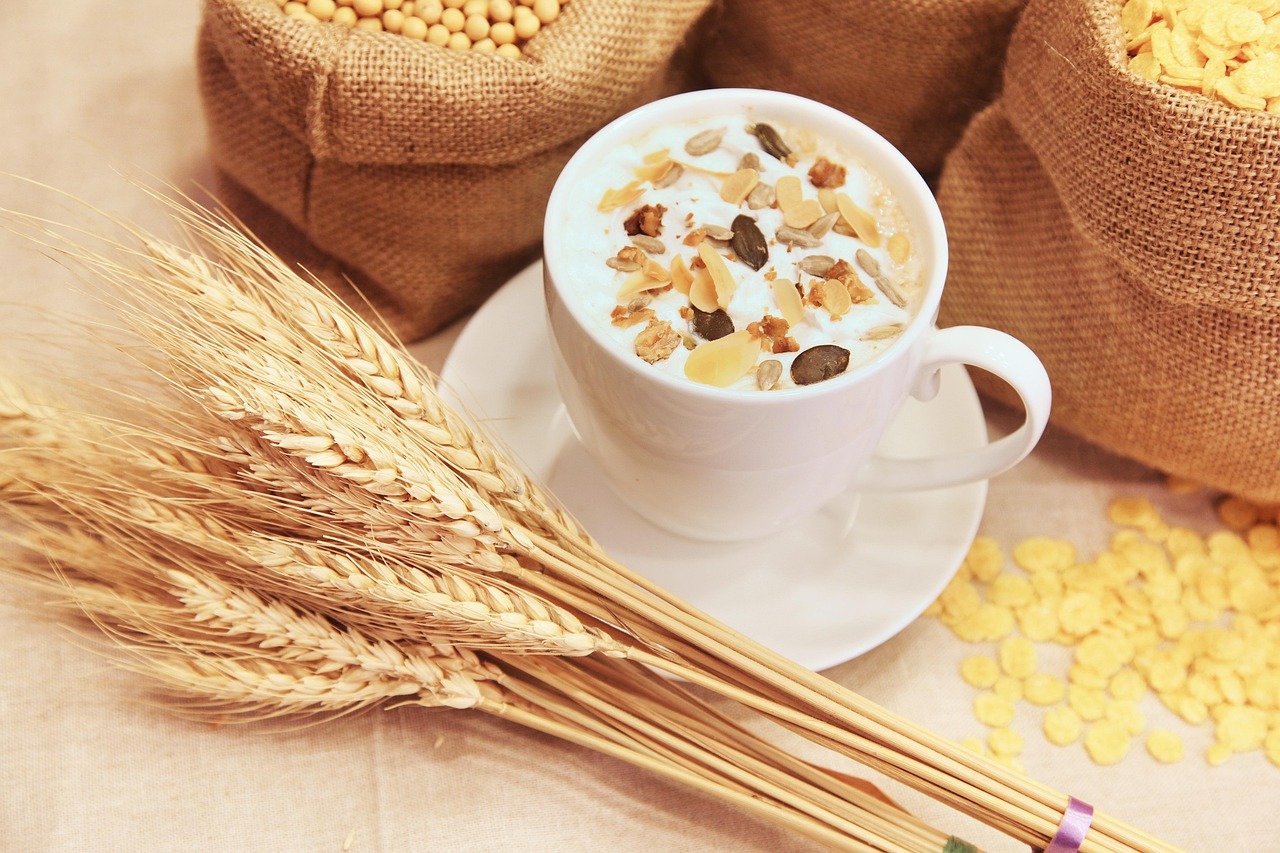Introduction to Healthy Bulldogs
The allure of the bulldog, with its affectionate nature and adorable wrinkles, has captured the hearts of many dog enthusiasts. However, behind the charm lies a breed that requires careful consideration and responsible handling, especially when it comes to breeding and raising. As a seasoned journalist in the field of canine health, it’s crucial to delve into the world of bulldogs with a discerning eye, separating fact from fiction and highlighting the best practices for those wishing to bring these lovable companions into their lives.
Understanding the Breed Specifics
Bulldogs, known for their distinctive physical appearance, come with a unique set of health challenges that prospective owners and breeders must understand. Their flat faces, while endearing, can lead to respiratory issues, and their sturdy build can predispose them to joint problems. It’s essential to approach the decision to breed or own a bulldog with a deep understanding of these challenges and a commitment to mitigating them.
The Importance of Responsible Breeding
Responsible breeding is the cornerstone of ensuring the health and well-being of bulldog puppies. This involves careful selection of breeding stock, genetic testing to identify potential health issues, and a focus on breeding for health and temperament rather than solely for physical characteristics. As some of the most revered publications in the field have highlighted, the health of the breed as a whole depends on the ethical practices of breeders.
Health Considerations for Bulldogs
When it comes to the health of bulldogs, several factors come into play. From the respiratory issues associated with their brachycephalic (flat-faced) skull structure to the skin fold dermatitis that can develop in their wrinkles, there’s a lot to consider. Here are some key health considerations for bulldog owners and breeders:
- Respiratory Health: Regular veterinary check-ups are crucial to monitor for signs of respiratory distress.
- Skin Health: Regular cleaning of skin folds can help prevent dermatitis.
- Joint Health: Maintaining a healthy weight can reduce the risk of joint problems.
- Eye Health: Bulldogs are prone to eye issues; regular eye exams are essential.
Genetic Testing and Its Role
Genetic testing plays a pivotal role in identifying potential health issues in bulldogs. By testing for genetic disorders, breeders can make informed decisions about breeding pairs, reducing the likelihood of passing on harmful conditions to offspring. It’s a tool that, when used responsibly, can significantly improve the health of the breed.
Nutrition and Diet
The diet of a bulldog is crucial for its health and development. A balanced diet that meets their nutritional needs without overfeeding is essential. Overfeeding can lead to obesity, which exacerbates many of the health issues Bulldogs are prone to. Here’s a look at the nutritional needs of bulldogs:
| Nutrient | Importance |
| Protein | Essential for muscle development and maintenance. |
| Fat | Provides energy and aids in the absorption of vitamins. |
| Carbohydrates | Provides energy, should be of high quality. |
| Vitamins and Minerals | Critical for various bodily functions, including bone health and immune system support. |
Raising Strong and Healthy Puppies
Raising strong and healthy bulldog puppies requires attention to detail, from the moment of birth through to adulthood. Socialization, vaccinations, and proper care are just a few of the many considerations. But what does it take to ensure these puppies grow into healthy, well-adjusted dogs?
Q&A: Tips for Owners and Breeders
- Q: How often should I exercise my bulldog?
A: Bulldogs need regular, gentle exercise to stay healthy. Short walks and playtime are recommended, avoiding extreme temperatures. - Q: What are the signs of respiratory distress in bulldogs?
A: Look for Labored breathing, rapid breathing, or difficulty breathing. If you notice any of these signs, seek veterinary attention immediately. - Q: How can I prevent skin fold dermatitis?
A: Regularly clean your bulldog’s skin folds with a damp cloth, and ensure they are thoroughly dry afterward.
Conclusion
In conclusion, the journey to raising healthy bulldogs is multifaceted, requiring a deep understanding of the breed’s specific needs, challenges, and responsibilities. By adhering to best practices in breeding, providing appropriate care, and staying informed, we can work towards a future where bulldogs thrive as the happy, healthy companions they were meant to be. It’s a challenge that, with dedication and the right information, can be met, ensuring these beloved dogs lead long, fulfilling lives. Whether you’re a seasoned breeder or a prospective owner, the health and well-being of bulldogs should always be at the forefront of your considerations, guided by the wisdom and insights shared by leading voices in canine health and welfare.

